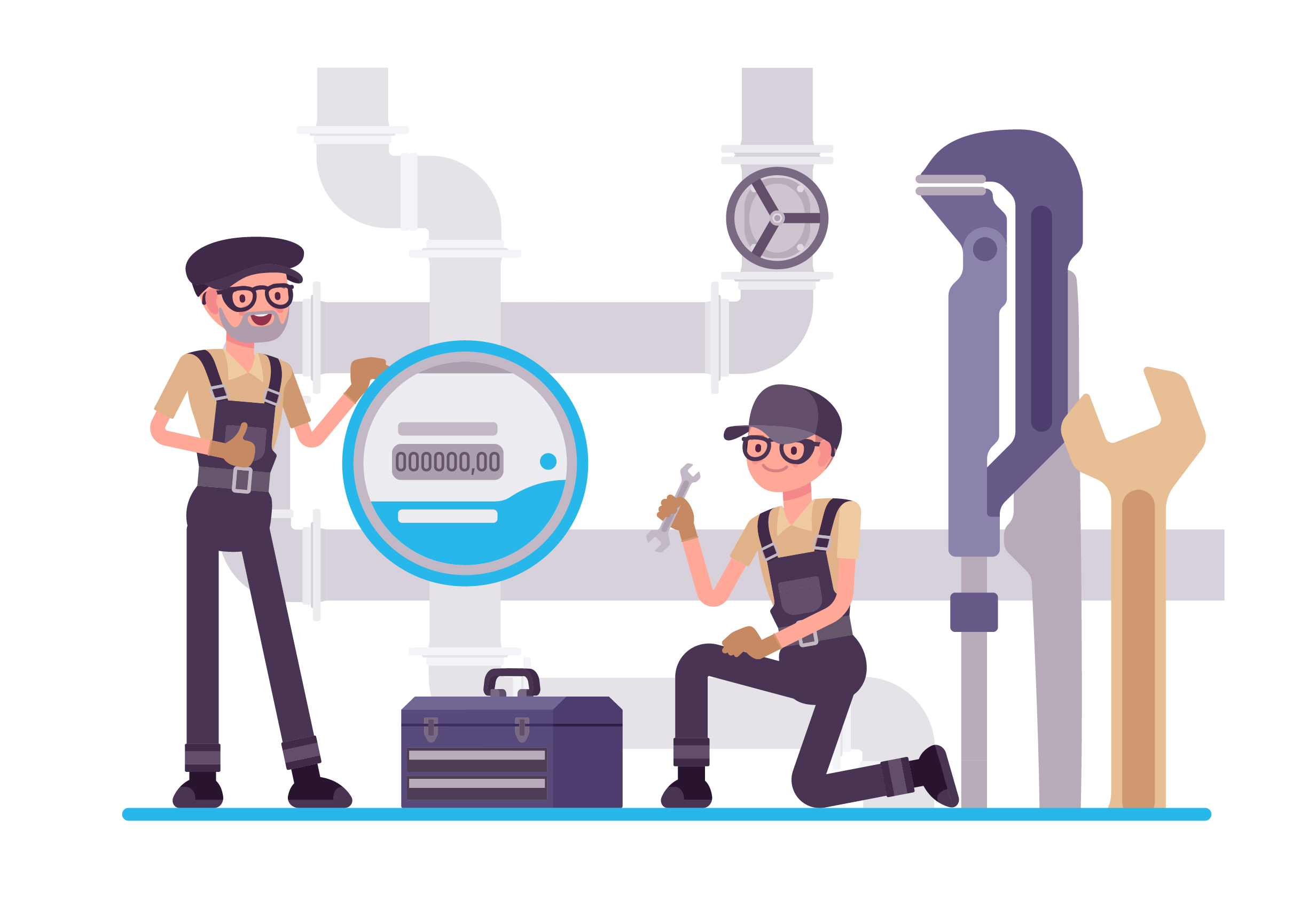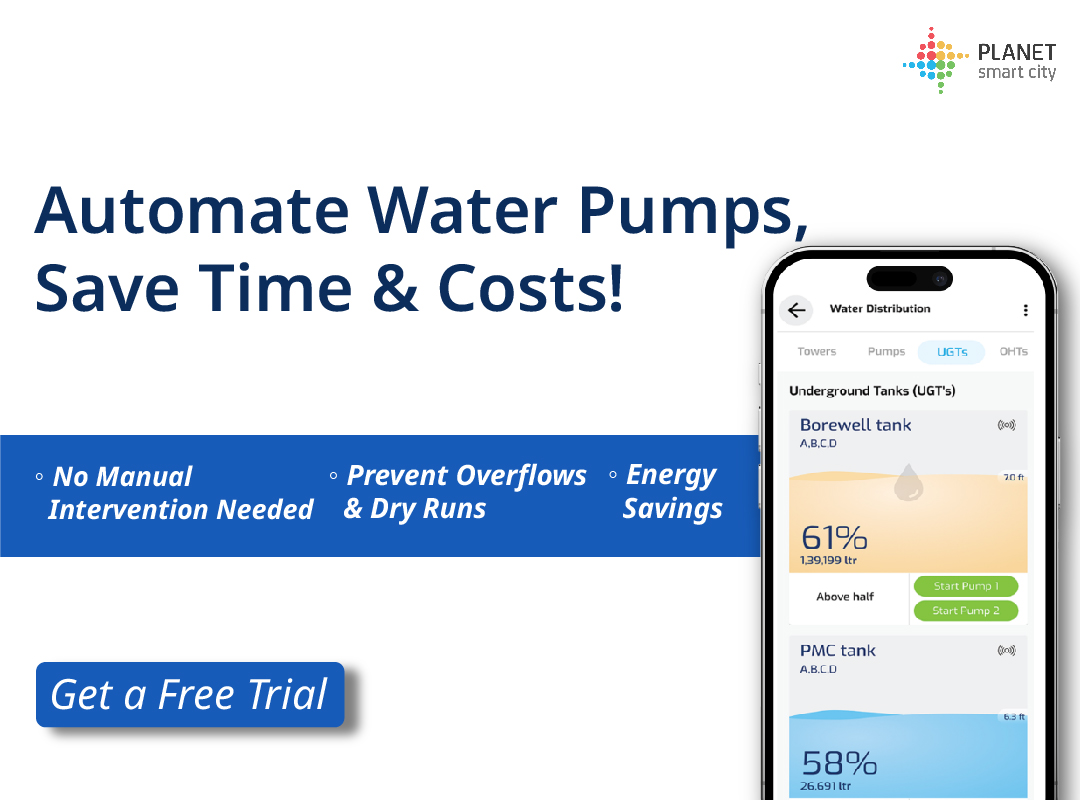Stop Guessing the Water Usage: The Benefits of Water Meters in Societies!

Water is a precious resource that we simply cannot take for granted, especially due to the rapid increase of water cuts in recent times. In India, where water scarcity is a real and pressing issue, it is more important than ever that we take steps to conserve water wherever possible. One way that housing societies can do their part is by installing water meters. In this blog post we will discuss the benefits and challenges of installing water meters in housing societies and list a few water management tips which can help residents on their water saving journey.
THE BENEFITS
First, let’s look at the benefits. The primary benefit of water meters is that they can help housing societies to conserve water. When residents are billed for their water usage, they are more likely to be mindful of how much water they are using and to take steps to conserve it. This can lead to significant reductions in water usage and can help to ensure that there is enough water to go around for everyone.
Another benefit of water meters is that they can help to reduce costs for both the housing society and its residents. When water usage is monitored and billed accurately, there is less chance of errors or disputes over billing. This can help to reduce administrative costs for the housing society and can also help residents to budget more effectively for their water usage.
Water meters can also be useful in identifying leaks and other issues with the water supply. When residents are monitoring their own water usage, they are more likely to notice if there is a sudden spike in usage or if their water bill seems unusually high. This can alert the housing society to potential issues with the water supply, such as leaks or other problems.
THE CHALLENGES
There are also a few challenges to consider and keep in mind before purchasing and installing water meters. Water meters are costly devices and may not be cost-effective for smaller housing societies in the short-term. This cost may need to be passed on to residents in the form of higher water bills, which could be a burden for some households. In the long term, however, there would be a significant decrease in water wastage which would ultimately lead to lower water bills.
Another challenge is that the use of water meters may lead to disputes between residents. If one resident is using significantly more water than others, it can lead to resentment and conflict within the housing society. However, this can be mitigated through clear communication and education about the importance of conserving water.
How to Make the Most of Your Water Meter
If you have decided to introduce water meters in your housing society, here are a few tips on how to make the most of them to effectively conserve water:
Monitor your water usage regularly.
Check your water meter regularly to see how much water you are using. This can help you to identify any sudden spikes in usage and can alert you to potential leaks or other issues.
Fix leaks promptly.
If you notice a leak, don’t delay in getting it fixed. Even a small leak can waste a lot of water over time, so it’s important to get it sorted as soon as possible.
Be mindful of your water usage.
Take steps to conserve water wherever possible, such as by taking shorter showers, turning off the tap while brushing your teeth, and using a bucket rather than a hose to water your plants.
Communicate with your neighbors.
Talk to your neighbors about the importance of conserving water and encourage them to monitor their own water usage. This can help to reduce conflicts and ensure that everyone is doing their part to conserve water.
Report any technical issues to the committee.
If you notice any issues with the water supply or your water meter, report it to the committee as soon as possible. This can help to ensure that any technical issues are addressed promptly and can help to prevent larger problems from developing.
In conclusion, water meters are a useful tool for housing societies in India to conserve water and reduce costs. Challenges, if any, can be mitigated through clear communication, education, and awareness. By monitoring their water usage, fixing leaks promptly, and being mindful of their water usage, residents can use water meters effectively and do their part to conserve this precious resource.




